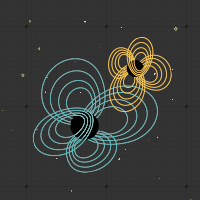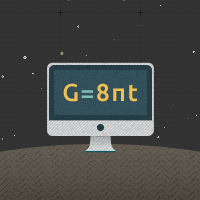Pauli Exclusion Principle
A rule in Physics which says that no two identical particles can be in the same state (position, for instance) at the same time. This principle only applies to fermions, not to bosons. It is usually referred to as the "Pauli Exclusion Principle", after its inventor Wolfgang Pauli.




